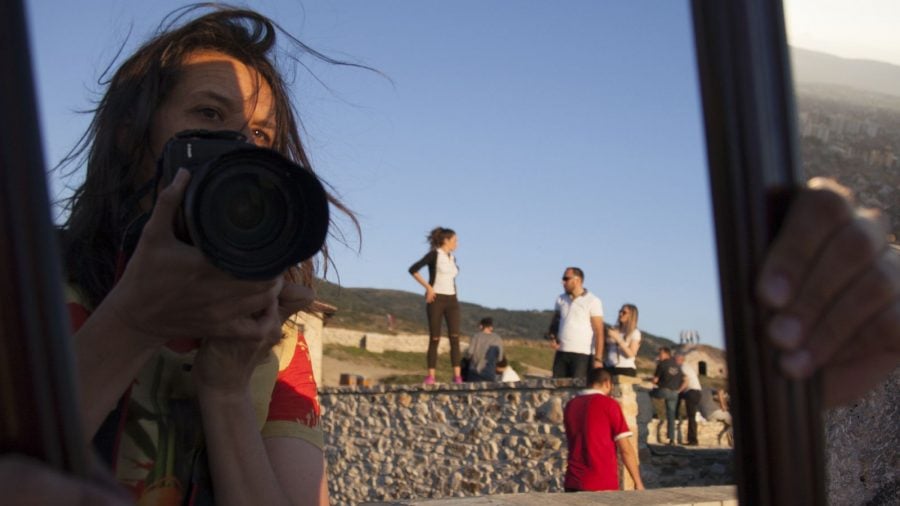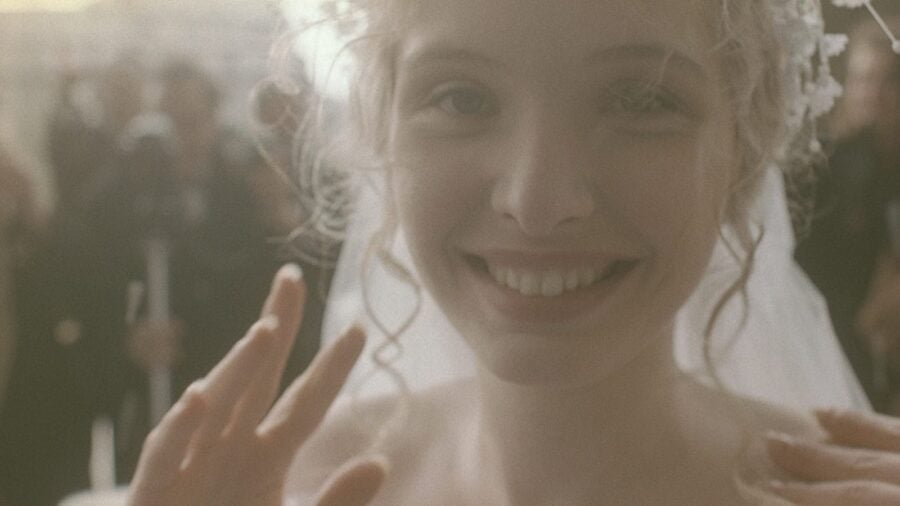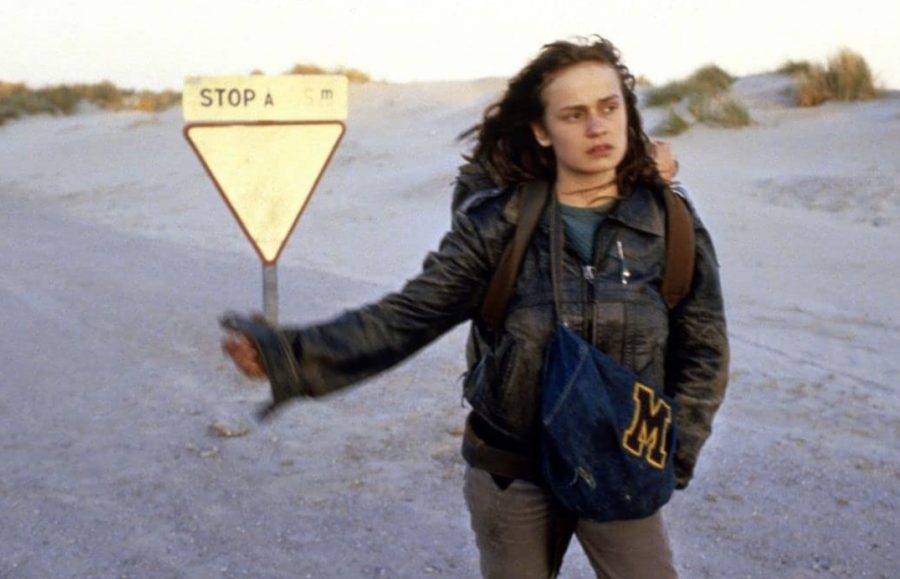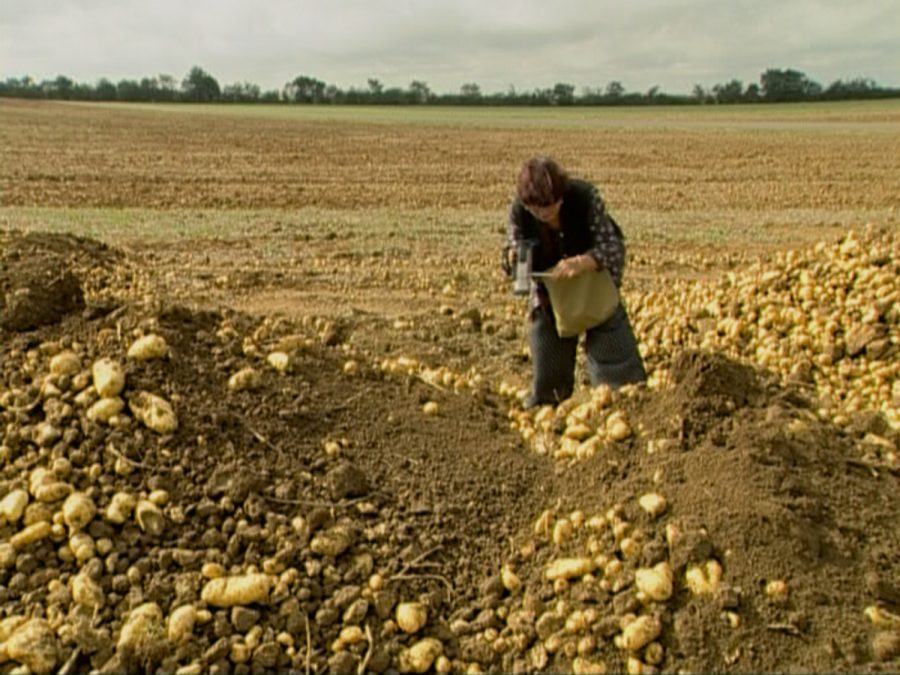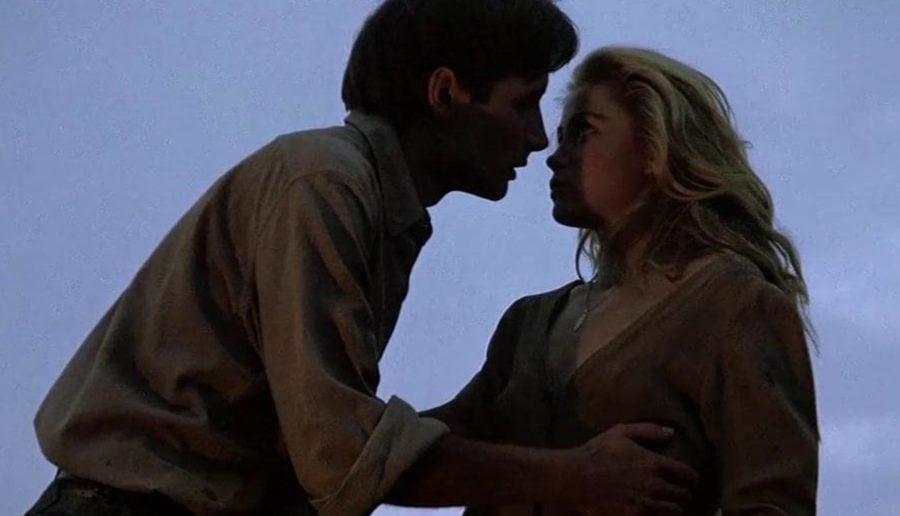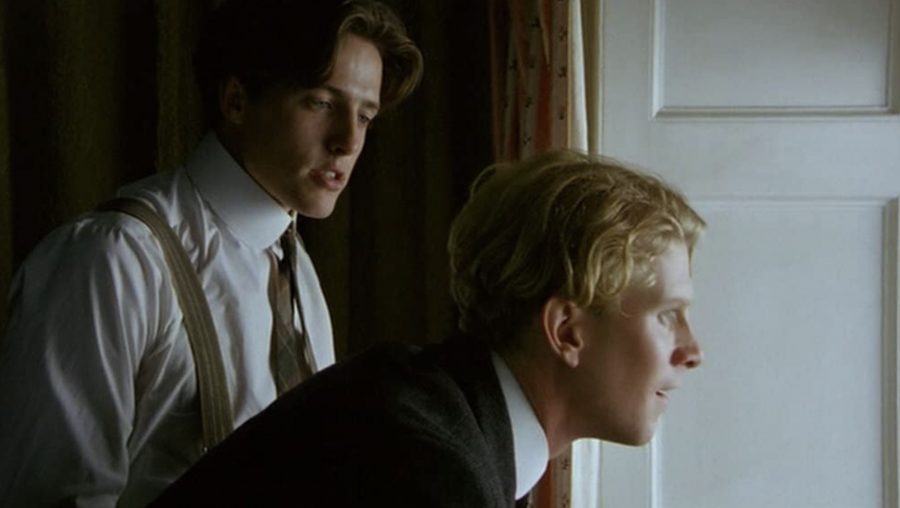In Cameraperson, documentarian and cinematographer Kirsten Johnson creates an incredible patchwork of her life—and her life’s work. Johnson has been behind the camera of seminal documentaries like Citizenfour, The Invisible War, and The Edge of Joy. Here, Johnson stitches together fragments of footage, shot over 25 years, reframes them to reveal the silent but influential ways in which she has been an invisible participant in her work.
In one segment, Johnson places the camera down in the grass. A hand reaches into the frame briefly, pulling up weeds that would otherwise obscure the shot. Cameraperson is a must-see documentary that challenges us to reconsider and reflect upon how we see ourselves and others through the camera lens, and beyond it.
Genre: Documentary
Actor: Jacques Derrida, Kirsten Johnson, Michael Moore, Roger Phenix
Director: Kirsten Johnson

